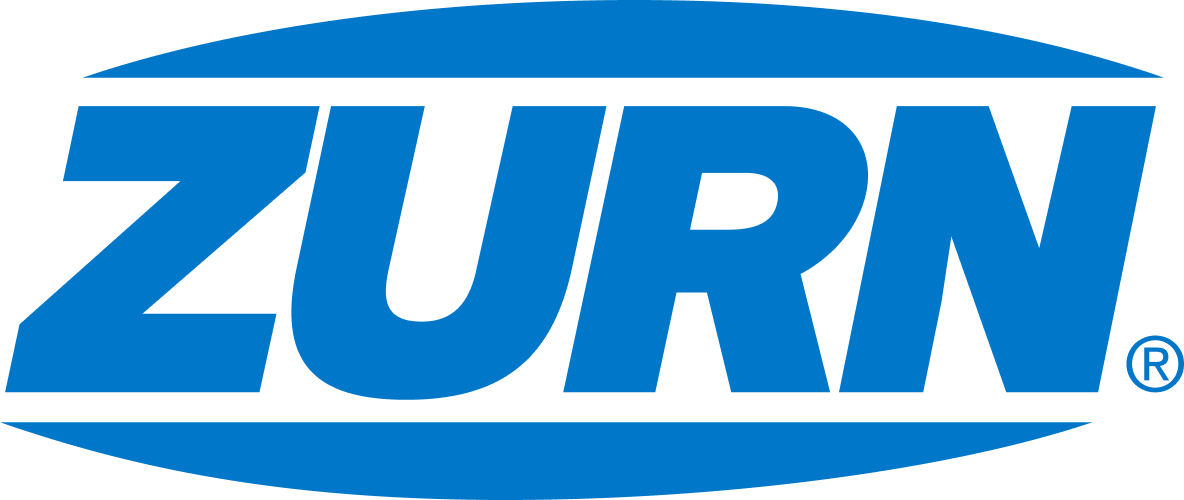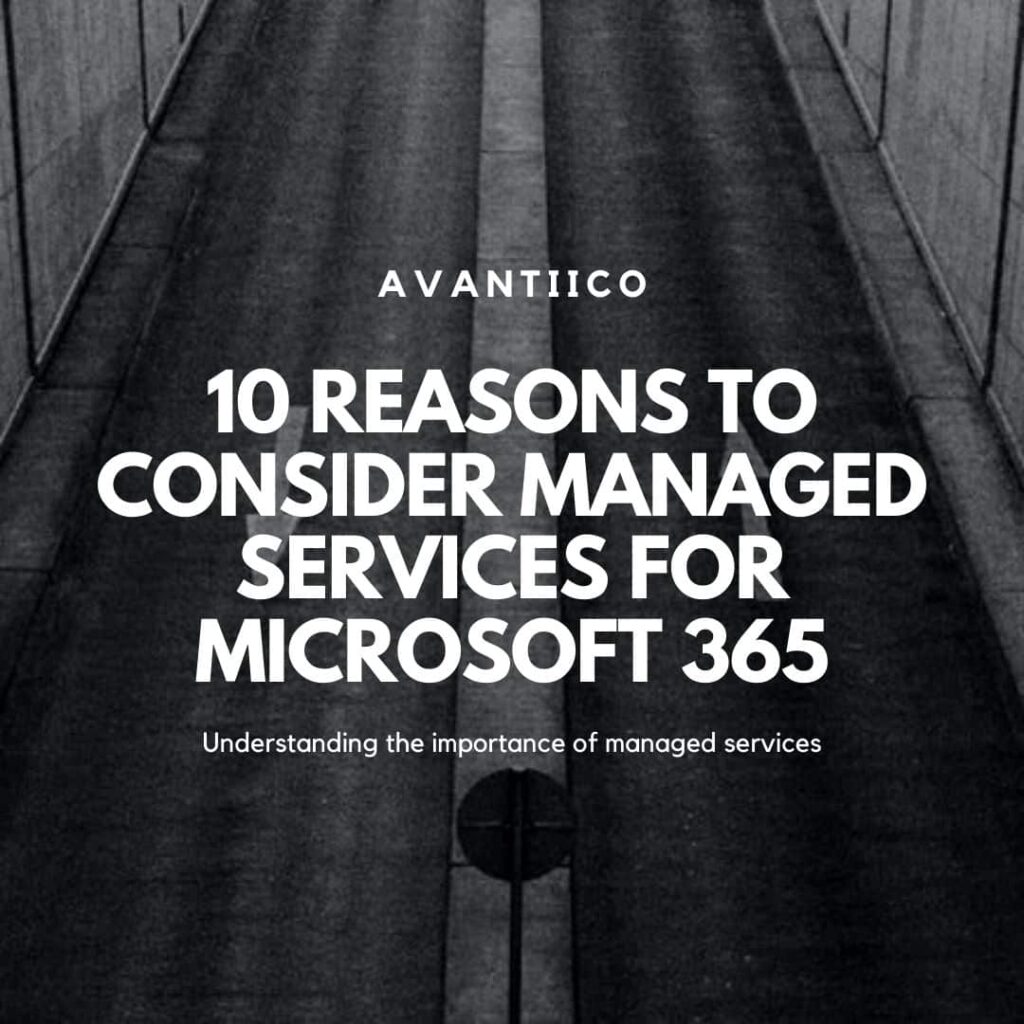Data Migration Accelerator for Microsoft Dynamics 365 F&SCM
Trusted by









Accelerate Your Microsoft Dynamics 365 Finance Implementation
Reduce D365 data migration times by up to 90% with the Data Migration Accelerator (DMA), which can be installed and ready to use in just one day. Seamlessly import data from legacy systems and ERPs like NetSuite, SAP, QuickBooks, and SAGE, ensuring a smooth transition. Whether migrating one entity or 500+, DMA streamlines the process, enabling a faster, more efficient move to Microsoft Dynamics 365 Finance & Supply Chain Management.
Reduce Data Migration Time by up to 90%
Accelerate & Simplify Your D365 Data Migration

Expedite D365 Data Migration with Batch File Imports
The Data Migration Accelerator allows your accounting and operations teams to rapidly import data into D365 Finance and Supply Chain with ease.
- Complete your D365 Data Migration in just a few clicks
- Seamlessly import customer, financial, inventory, and other essential master data sets directly within D365 Finance & Supply Chain, enhancing efficiency and productivity
- Improve the efficiency of high-volume data loading beyond the traditional Dynamics 365 data migration framework (DMF) file-by-file method

Automate Error Detection & Eliminate Manual Corrections
With DMA by Avantiico, you can significantky reduce time spent on D365 data migration error handling by:
- Using clear error messages from auto-detected Excel upload issues
- Eliminating time wasted sifting through lines of data to find errors
- Getting your data clean, ready, and into D365 F&SCM

Faster Testing for a Seamless D365 Go-Live
DMA and its suite of features ensures that every iteration of data migration is rapidly sped up.
- Spend less time importing data
- Mitigate error management with ease
- Ensure a seamless D365 implementation
- Enjoy a smoother and faster journey to go-live

Time-to-Value Magic at Your Fingertips
The Data Migration Accelerator is your key to a faster, error-free D365 migration, and is applicable in many enterprise scenarios:
- Regulatory compliance projects
- Multi-entity implementations
- ERP system consolidations
- Legacy system retirements
- M&A integrations





